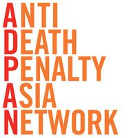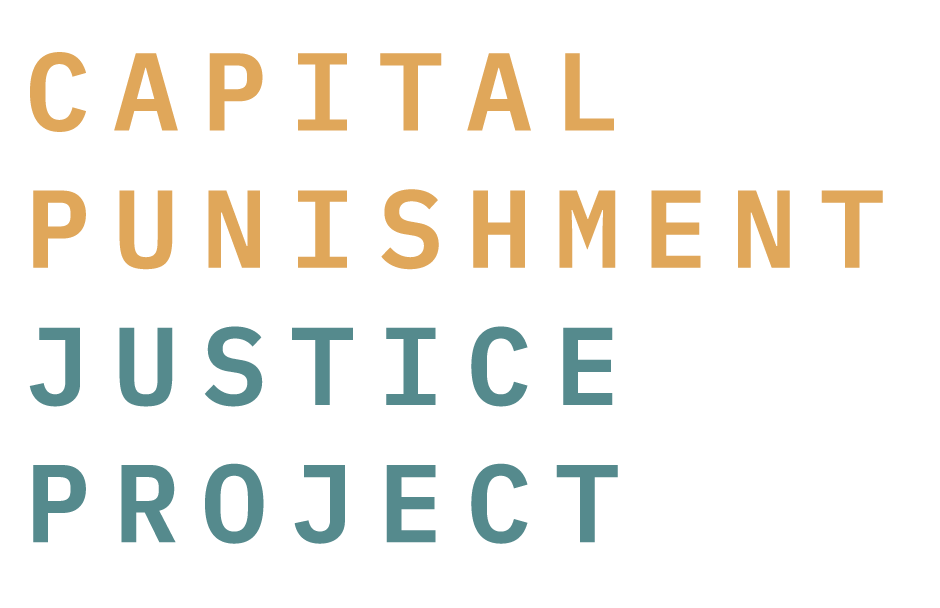Bangladesh: Government must work towards abolishing the death penalty
We, the undersigned organisations, are deeply concerned to learn of the conviction and death sentence imposed upon Ms Lesedi Molapisi by a Bangladesh court on 27 May 2024.
In 2022, Ms Molapisi, a national of Botswana, was arrested at Bangladesh’s Hazrat Shahjalal International Airport after she was found in possession of 3.145 kilograms of heroin. On 27 May 2024, she was convicted by a Dhaka court of drug smuggling and sentenced to death.[1]
A death sentence passed by a court can be commuted by the government under Sections 401 and 402 of the Code of Criminal Procedure 1898 and under Article 49 of the Constitution. As a first step, we call upon Bangladesh to immediately commute Ms Molapisi’s sentence, as a death sentence for a non-violent crime demonstrates a blatant disregard of international law and standards. As a party to the International Covenant on Civil and Political Rights (ICCPR), which has been consistently interpreted as restricting the use of the death penalty to ‘crimes of extreme gravity involving intentional killing’,[2] Bangladesh is prohibited from using the death penalty for drug-related offences. The International Narcotics Control Board has also noted that the use of the death penalty for drug-related offences is in breach of the UN Drug Conventions and a violation of international human rights law.[3] We urge the authorities of Bangladesh to take swift steps to repeal the death penalty for these offences, pending full abolition of this cruel punishment.
Bangladesh remains a staunch proponent of the death penalty, imposing it in flagrant violation of international standards.[4] In 2018, Bangladesh enacted the Narcotics Act 2018 (which replaced the earlier Narcotics Act 1990), allowing the imposition of death sentences for several non-violent drug offences.[5] In 2023, at least 390 persons were sentenced to death and five executions were carried out.[6] A further 111 death sentences were imposed in the first three months of 2024.[7] Amnesty International has identified Bangladesh as imposing such sentences in disregard of fair trial standards, including in absentia trials.[8] Executions carried out pursuant to death sentences imposed in violation of fair trial rights amount to arbitrary killing, violating the right to life.[9]
At present, more than 2,400 people are known to be on death row in Bangladesh.[10] Concerns have been raised as to the conditions under which Bangladesh’s death row prisoners are kept, citing overcrowding, unsanitary and unhygienic conditions, torture, and solitary confinement.[11] The death row phenomenon, a likely consequence of prolonged periods of detention in harsh conditions on Bangladesh’s death row, has also been linked to the absolute prohibition of torture or other cruel, inhuman or degrading treatment or punishment.[12] In January 2024, the imposition of the death penalty was challenged before the Supreme Court as being contrary to the Constitution and international law.[13] In May 2024, the High Court Division of the Supreme Court in Dhaka found the solitary confinement of death row prisoners who are yet to exhaust their legal appeals to be unconstitutional, ordering that all such prisoners must be moved to general prison populations within two years.[14]
The global community is in clear support of steps towards the abolition of the death penalty, as demonstrated by the 112 countries that are fully abolitionist and more than two-thirds (144) of countries that are abolitionist in law and practice.[15] The government of Bangladesh should abolish the death penalty in relation to drug offences and commute the sentences of those currently on death row for drug offences, as first important steps. Further, the government should ensure that every person charged with a death eligible offence has meaningful access to justice through adequate funding for competent legal representation, including funding to obtain expert evidence as required. Moreso, they should follow the global trend towards abolition of the death penalty, starting by declaring a moratorium on executions.
Signed:
Amnesty International
Anti-Death Penalty Asia Network (ADPAN)
Capital Punishment Justice Project
DITSHWANELO - The Botswana Centre for Human Rights
Eleos Justice, Monash University (Australia)
International Federation for Human Rights (FIDH)
Odhikar
-----
[1] ‘Botswana national gets death penalty in narcotics case’, Bangladesh Sangbad Sangstha (National News Agency) (28 May 2024) <https://www.bssnews.net/news/191779>.
[2] Human Rights Committee, General Comment No. 36 – Article 6: The Right to Life, UN Doc. CCPR/C/GC/36 (2 September 2019) [35].
[3] Report of the International Narcotics Control Board for 2021, UN DOC. E/INCB/2021/1, para. 90.
[4] See e.g., Muhammad Mahbubur Rahman, Living Under Sentence of Death: A study of the profiles, experiences and perspectives of death row prisoners in Bangladesh (Report, 2020).
[5] Narcotics Act 2018 (Bangladesh) <http://bdlaws.minlaw.gov.bd/act-1276.html>
[6] Odhikar, Bangladesh Annual Human Rights Report 2023 (Report, 2024), 33.
[7] Odhikar, Three-month Human Rights Report: January – March 2024 (Report, April 2024), 1.
[8] Amnesty International, Death Sentences and Executions 2023 (Report, May 2024), 13.
[9] Human Rights Committee, General Comment No. 36 – Article 6: The Right to Life, UN Doc. CCPR/C/GC/36 (2 September 2019) [41].
[10] Amnesty International, Death Sentences and Executions 2023 (Report, May 2024), 21.
[11] Cornell Center on the Death Penalty Worldwide, Death Row Conditions (Web Page, 4 September 2012) <https://deathpenaltyworldwide.org/fr/publication/death-row-conditions/?version=html>.
[12] Jill Edwards and Morris Tidball-Binz, UN experts warn of associated torture and cruel punishment (Statement, 10 October 2022) <https://www.ohchr.org/en/press-releases/2022/10/un-experts-warn-associated-torture-and-cruel-punishment>.
[13] ‘Bangladesh HC questions validity of death penalty without policy’, BDNews24, 30 January 2024, <https://bdnews24.com/bangladesh/phlkxv019t>
[14] Ahammad Foyez, ‘Bangladesh court: No solitary confinement for death row inmates until appeals end’, Benar News (13 May 2024) <https://www.benarnews.org/english/news/bengali/court-no-keeping-death-row-inmates-in-solitary-05132024100330.html>.
[15] Amnesty International, Death Sentences and Executions 2023 (Report, May 2024), 41.







